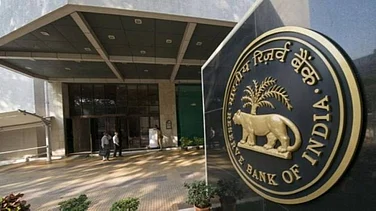In the third quarter of 2023, the Indian hospitality sector experienced substantial growth in its performance compared to the same period in 2022. This surge was predominantly attributed to a notable 15.6% surge in Average Daily Rate (ADR) year-on-year, leading to a 15.1% growth in Revenue per Available Room (RevPAR). JLL’s Hotel Momentum India (HMI) Q3, 2023 reported a slight 4.5% dip in RevPAR from Q2 2023.
The cities of Bengaluru, Chennai, Delhi, Goa, Hyderabad, and Mumbai have maintained robust growth, primarily driven by the sustained demand from corporate travel. ADR elevation was propelled by major international events held in these urban centers, such as the G20 Summit. Delhi stands out, boasting a 36% growth in ADR, followed closely by Hyderabad at 22.2% and Mumbai at 16.7%. Although Bengaluru and Goa experienced a marginal decrease in occupancy, the other markets have maintained their stability in the third quarter of 2023 compared to the previous year.
The hospitality sector anticipates a strong finish for the year, owing to upcoming international events like the Cricket World Cup and domestic travel during the winter vacation and year-end festivities. Demand drivers in the coming months are expected to be Weddings and Meetings, Incentives, Conferences, and Exhibitions (MICE). However, a slight dip in business travel towards the year-end is anticipated.
Moreover, the industry foresees a surge in hotel openings and development activity during the last quarter. Notably, in Q3 2023, there were 59 hotels totaling 4,669 keys signed, of which 12 were converted from existing hotels, accounting for 23% of the inventory signed.
Delhi leads the RevPAR growth race, registering an impressive 36.6% growth in Q3 2023 over Q3 2022, closely trailed by Hyderabad and Mumbai with a year-on-year growth of 20.5% and 18.5%, respectively.
Jaideep Dang, Managing Director of Hotels and Hospitality Group at JLL India, highlighted that the sector's robust growth is largely attributed to the increasing ADRs. Although this trend is expected to continue till the year-end due to weddings and winter holidays, the anticipated geopolitical scenario might impact future demand, potentially leading to a stabilization of ADR growth in the upcoming year or so.


























